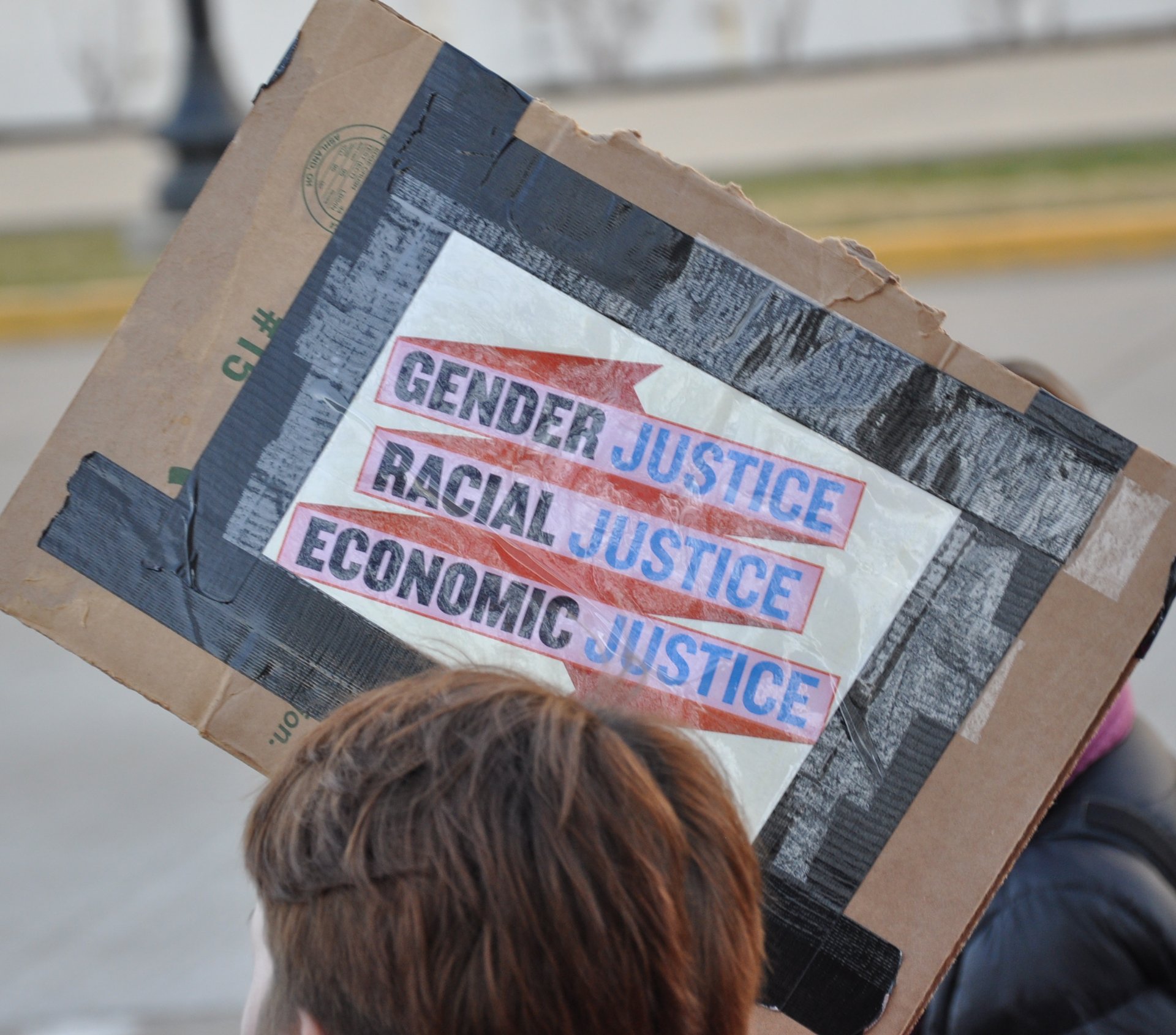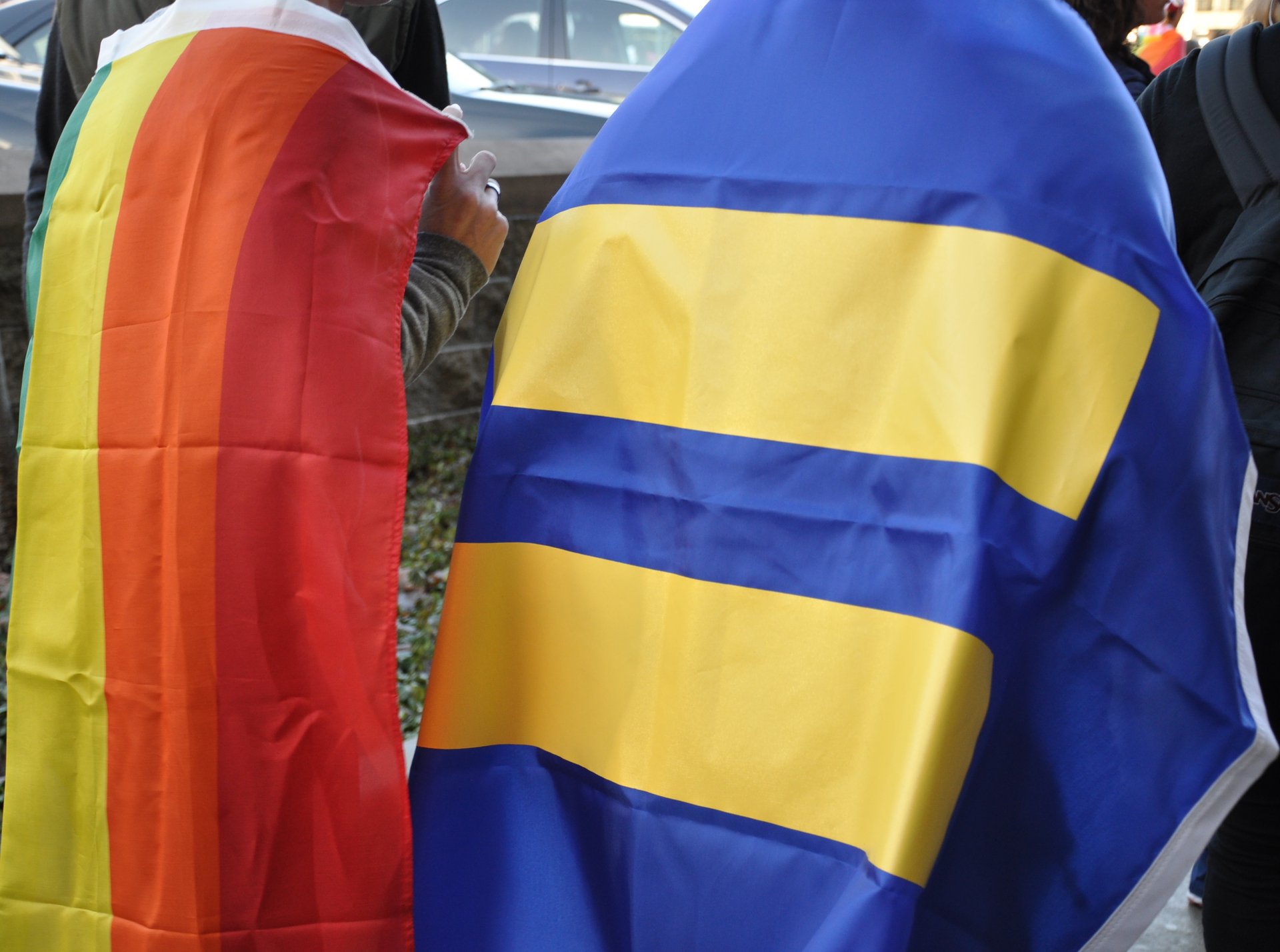Topics in PE: Intersectionality
Short introduction to intersectionality and the program evaluation implications.
Topics in Program Evaluation: INTERSECTIONALITY
It's the privilege, ....
As a sociologist, I had heard of intersectionality before seeing it prominant in the NSF solicitation for the ADVANCE transformations of institutions of higher educational funding opportunity. But I admit I was surprised to see it there.
Intersectionality, roughly defined, is usually approached as an identiy matrix of all the competing complexities of what makes us who we are. Gender, race and class backgrounds feature prominently in intersectionality reserach and approaches. To address intersectionality likely requires qualitative, if not ethnographic data. But it would be a mistake to think of intersectionality as only about identity. It is not. To only focus on the individual and their experiences will miss the import of intersectional research and will miss the point on why intersectionality is becoming more and more common in solicitations.
In social science research and program evlauation, it helps to think about the change-related goals. Intersectional understandings in this context are not about changing the individual. They are all about changing the environment to make it more supportive of the indivdiuals within it. Intersectionality is not really about the individual at all. It is about the organizational (or social) environment the indivdiual must navigate to make their way. It is about the injustice. It is about the myriad of ways that privilege, in all its forms be it rooted in class position, race and ethnic identities, or gender, operates and impacts (in a negative way) what indivdiuals experience.
The program evaluation implications are not to be understated. One set of tools is best for understanding how individuals experience the environment in which they work, but a different set of tools is needed to measure that environment. And, to do intersectionality right, you probably need both. If you are lucky, there is some organization wide survey to tap into or maybe add a few key quesitons, but for the part where you need to understand what individuals are experiencing, chances are good that you will want to have a social psychologist (sociologist or psychologist) to help address and evidence intersectionality and intersectional approaches on your team. Interviews with a trained social scientist (masters degree in psych or related field) may be your best bet, but is among the most expensive types of data collection both in time and in cost.
Resources/Research/Articles:
This special issue of JP3 is a very good primer on intersectionality and a great place to start:
Special Issue on Intersectionality: Informing Higher Education Policy & Practice Through Intersectionality. 2014. The Journal of Progressive Policy & Practice (JP3) (Fall 2014; Volume 2, No. 3, Special Issue on Intersectionality).
An NSF Solicitation included the references below, among many others:
Collins, Patricia H., Bilge, Sirma. (2016) Intersectionality. Cambridge, UK: Polity Press.
Dovidio, J. F. (2013). Included but invisible? The benefits and costs of inclusion. In R. J. Ely & A. J. C. Cuddy (Eds.), Gender & work: Challenging conventional wisdom (pp. 11-20). Boston: Harvard Business School.
Dowd, Alicia, and Bensimon, Estella M. (2015) Engaging the Race Question: Accountability and Equity in the US Higher Education. New York: Teachers College Columbia University.
Else-Quest, N. M., & Hyde, J. S. (2016a). Intersectionality in Quantitative Psychological Research: I. Theoretical and Epistemological Issues. Psychology of Women Quarterly, 40(2), 155–170.
Else-Quest, N. M., & Hyde, J. S. (2016b). Intersectionality in Quantitative Psychological Research: II. Methods and Techniques. Psychology of Women Quarterly, 40(3), 319–336.
Etzkowitz, Henry, Carol Kemelgor, and Brian Uzzi. (2000). Athena Unbound: The Advancement of Women in Science and Technology. New York, NY: Cambridge University Press.
Hunt, Valerie, Shauna Morimoto, Anna Zajicek, and Rodica Lisnic. (2012). Intersectionality and Dismantling Institutional Privilege: The Case of the NSF ADVANCE Program. Race, Gender & Class 19, no. 1/2 (2012): 266–90.
Ireland, D. T., Freeman, K. E., Winston-Proctor, C. E., DeLaine, K. D., McDonald Lowe, S., & Woodson, K. M. (2018). (Un) Hidden Figures: A Synthesis of Research Examining the Intersectional Experiences of Black Women and Girls in STEM Education. Review of Research in Education, 42(1), 226–254.

Understanding intersectionality is understanding systems and structures of privilege, to change them.

Juneteenth rally at ND 2020. A petition from black alumni, students, and faculty at the time highlighted the work yet to be done.e.
Juneteenth 2020 at ND

